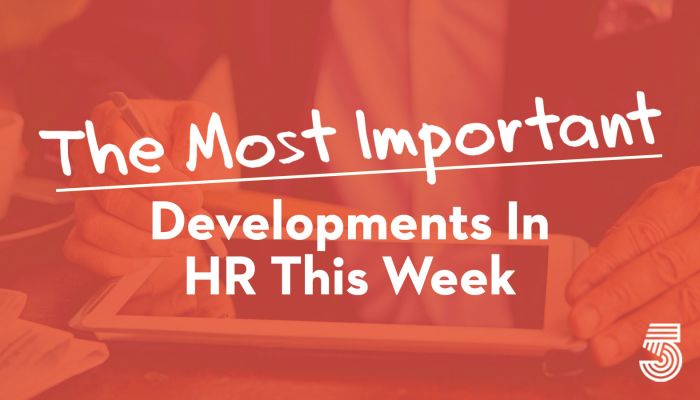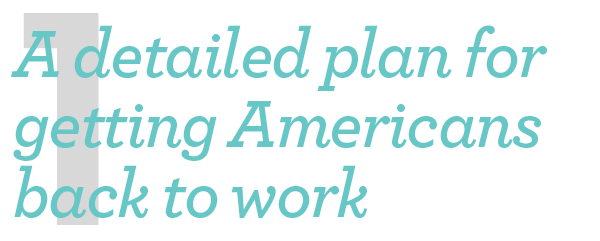
Millions of Americans — especially those who have been most impoverished by the forced shutdown due to the COVID-19 pandemic — want to return to work. But with the Trump administration now urging Americans to stay at home until May 1 and the likelihood that a vaccine against the disease won’t be widely available for 12 to 18 months, how can we safely make that happen? Our proposal requires the following conditions to exist before reopening a state’s economy: The state is over the peak of the current wave. Health systems in specific regions agree that they have the resources and personnel available to deal with smaller but inevitable second waves of disease. The availability of sufficient testing capability. The widespread availability of personal protection equipment. If these conditions are met, we propose allowing people to return to work who have recovered from the virus, have demonstrable immunity, are under age 65, and have no complicating medical conditions. The key to this plan: testing of people who want to return to work, and certifications proving they’ve been tested. Harvard Business Review
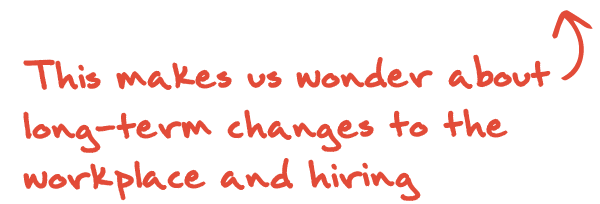
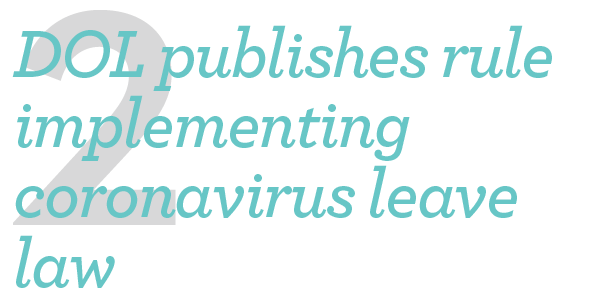
The U.S. Department of Labor (DOL) released a temporary rulemaking April 1 implementing the Families First Coronavirus Response Act (FFCRA). The rule is effective through Dec. 31, the agency said. Among other things, the regulations make clear that an employee may elect to use — or an employer may require that an employee use — leave such as vacation or personal leave concurrently with expanded family and medical leave. The rules also outline notice requirements and make clear that employers are required to retain all documentation of FFCRA emergency paid leave requests for four years, regardless of whether leave is granted or denied. Employers seeking an exemption from the law will need to sufficiently demonstrate, through documentation, the burden on their business and show that they are exempt, DOL said. Additionally, to resolve inconsistencies between the FFCRA’s paid sick time and expanded FMLA provisions, DOL said it would set the unpaid period for emergency FMLA leave at two weeks, rather than 10 days. “As a practical matter, the unpaid period for employees who work regular Monday-through-Friday schedules would still be 10 days because that is the number of days they would work in two weeks,” DOL said. HR Dive
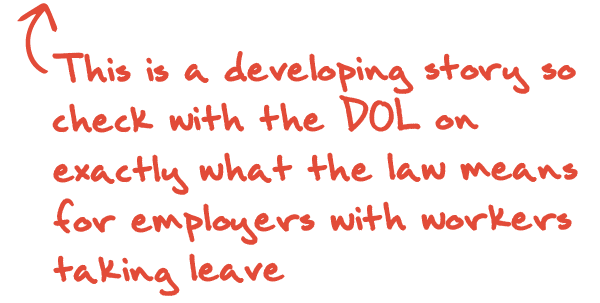
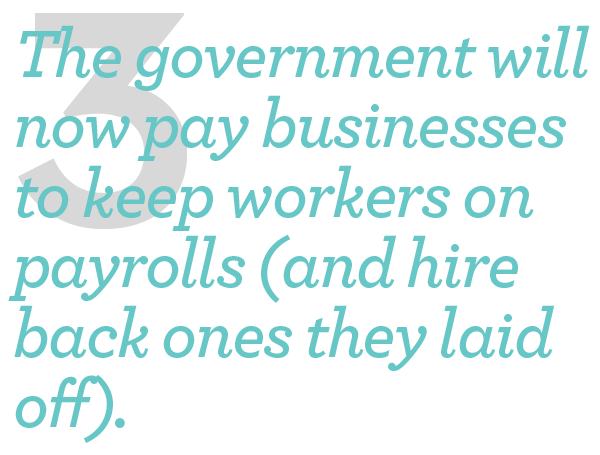
Small businesses have already cut millions of jobs because the coronavirus crisis forced them to close and they could no longer pay salaries. But an important piece of the $2 billion coronavirus relief bill signed last week — a $350 million “paycheck protection program” — will use government funds to help pay salaries so more people can stay on payrolls, and others can be hired back. Small businesses fill out a simple application, and then can get loans that will be fully forgiven if they’re used to keep employees on payroll or quickly rehire those who have just been laid off. It covers up to eight weeks of payroll costs, including benefits. A smaller part of the loans can also be used to cover interest on mortgages, rent, and utilities. “I think it’s really important because, one, it keeps people attached to their job,” says Elise Gould, an economist at the nonprofit think tank Economic Policy Institute. “It keeps money flowing to them, so that they can pay their bills. And when we get on the other side of this pandemic, then basically an employer could just say, ‘Okay, now come back to work.’ You can have a much faster recovery, instead of if all these millions of workers had been laid off.” Fast Company

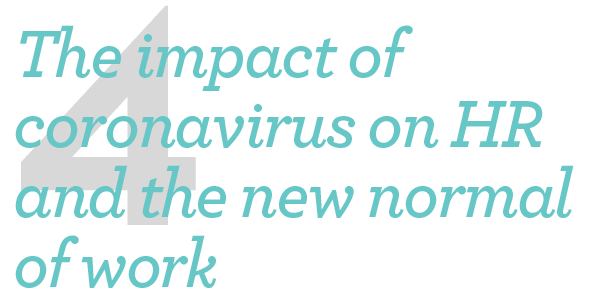
The Covid-19 coronavirus is becoming the accelerator for one of the greatest workplace transformations of our lifetime. How we work, exercise, shop, learn, communicate, and of course, where we work, will be changed forever. It has taken just a few weeks for the Covid-19 coronavirus to shut down most restaurants, bars, shops, and gyms, as well as mandate or encourage 88% of workers to work from home, regardless of whether or not they are showing symptoms of coronavirus (according to Gartner), trigger hiring freezes, and, as of last week, a record of 3.3 million Americans have applied for unemployment benefits. (As of this writing, it’s 6.7 million). But the larger question is: how will this massive transformation impact the workplace, you, your team, and your organization? Future Workplace’s recent survey, entitled The Impact of the Coronavirus in the Workplace, was conducted among 350 HR leaders in the USA to explore this question. Here are the top three findings and my thoughts on the implications of how the Covid-19 coronavirus will accelerate many future of work initiatives for the rest of 2020. Ramp up training and investment in remote working. The future of work is the future of worker well-being. The coronavirus can be an opportunity to re-define your business. (Namely using technology smarter.) Forbes

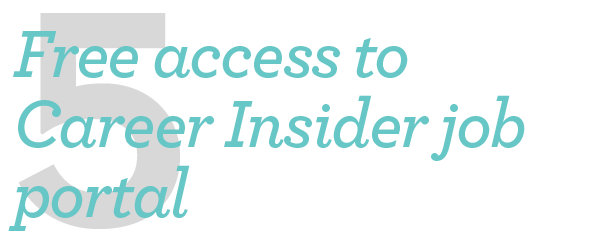
We don’t ever toot our own horn here in this weekly HR missive, but we’re doing something that we think will benefit vulnerable people in our community at this unprecedented time, and we want to get the word out about it. For employees of local businesses, restaurants, and shops that have closed due to COVID-19, we’re providing a month of free access to our Career Insider job search portal. It’s a powerful tool combining digital resources and coaching support for job seekers, and not for nothing but it won Gold in the 2019 American Business Awards for the best new product in consumer services. Seriously, if you’re in touch with those who work on your “Main Street”, please share this –> GetFive







